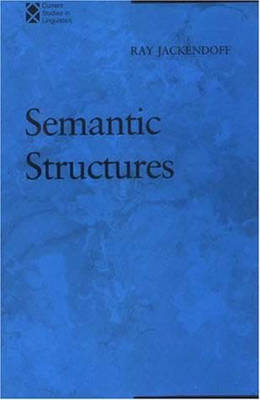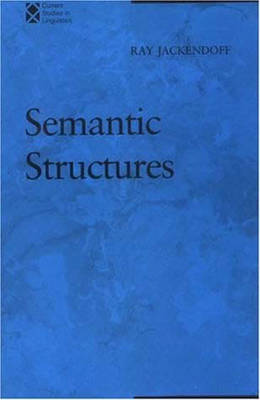
- Retrait gratuit dans votre magasin Club
- 7.000.000 titres dans notre catalogue
- Payer en toute sécurité
- Toujours un magasin près de chez vous
- Retrait gratuit dans votre magasin Club
- 7.000.0000 titres dans notre catalogue
- Payer en toute sécurité
- Toujours un magasin près de chez vous
Description
Jackendoff summarizes the relevant arguments in his two previous books, setting out the basic parameters for the formalization of meaning, and comparing his mentalistic approach with Fodor's Language of Thought hypothesis. He then takes up the Problem of Meaning, extending the range of semantic fields encompassed by the Conceptual Semantics formalism, and the Problem of Correspondence, formalizing the relation between semantic and syntactic structure. Both of these problems must be fully addressed in order to develop a general theory of language that is concerned with syntax and semantics and their points of connection.
Few books on lexical semantics present such a comprehensive analysis of such a wide range of phenomena from a unified perspective. Besides discussing the conceptual structures of hundreds of words and constructions, Jackendoff extends and deepens the theory to come to grips with such crucial issues as roles and marking; arguments, modifiers, and adjuncts; binding and control; and the thematic linking hierarchy.
Spécifications
Parties prenantes
- Auteur(s) :
- Editeur:
Contenu
- Nombre de pages :
- 338
- Langue:
- Anglais
- Collection :
- Tome:
- n° 18
Caractéristiques
- EAN:
- 9780262600200
- Date de parution :
- 22-04-92
- Format:
- Livre broché
- Format numérique:
- Trade paperback (VS)
- Dimensions :
- 154 mm x 230 mm
- Poids :
- 458 g

Les avis
Nous publions uniquement les avis qui respectent les conditions requises. Consultez nos conditions pour les avis.






